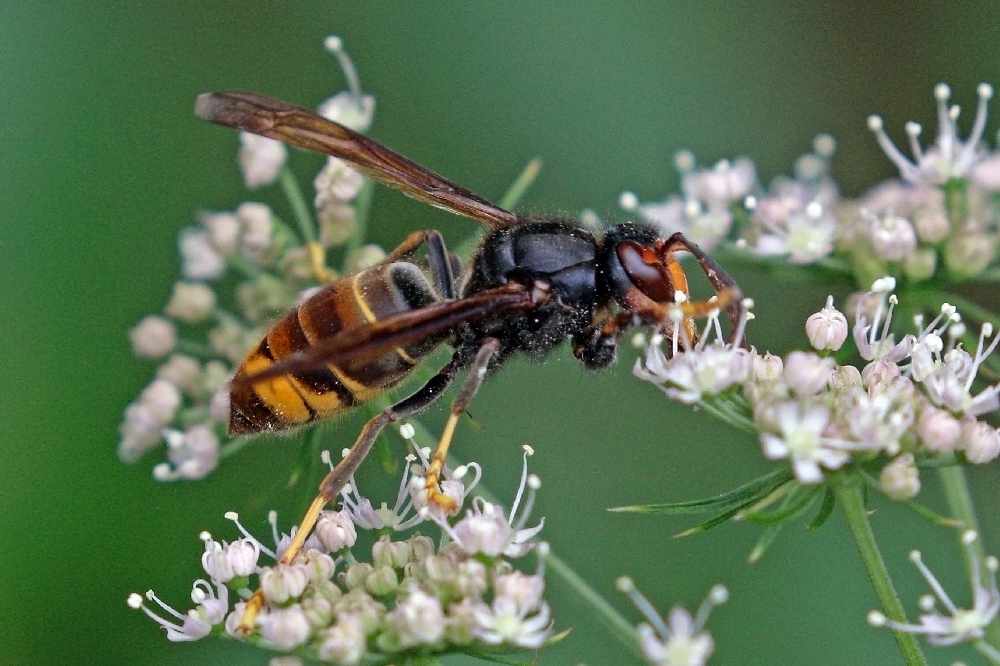
Now is the time to look out for the invasive Asian hornet, according to beekeepers on the Isle of Wight.
The species has spread rapidly in Europe, where it preys on honeybees and other insects.
It is known to cause significant damage to commercial beehives and so local beekeepers are particularly concerned by the prospect of this insect becoming established.
The hornet was first sighted in the UK in 2016, and although none have been found on the Isle of Wight so far, one of the locations it was found was in Dorset, meaning that the Isle of Wight is particularly at risk.
The Asian hornet is active mainly between April and November, with a peak in August and September, and is inactive over the winter.
So now is the time to keep an eye out for these big insects.
Chris van Wyk, owner of Isle of Wight honey producers Bunbury Bees, said:
“Asian hornets are not just bad for honeybees, they can have a devastating effect on other local invertebrates.
"It’s also very difficult to correctly eradicate a nest when found as the queen tends to abandon the nest if she detects interference, so it’s critical to report it to the proper bodies so that they can have qualified people come and destroy it cleanly and thoroughly.”
But it’s important not to confuse the dark Asian hornet with the lighter-colour and slightly larger native hornet.
Chris added:
“Native hornets are beneficial insects that help gardeners with pest control and rarely bother humans or pets – they are much more placid than the common yellowjacket wasp. I actually enjoy seeing them.”


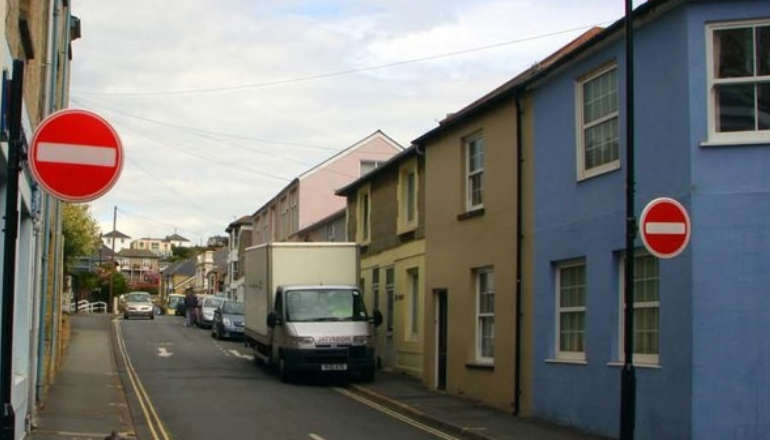 Three Arrested Following Reports Of Woman In Possession Of Firearm In Ventnor
Three Arrested Following Reports Of Woman In Possession Of Firearm In Ventnor
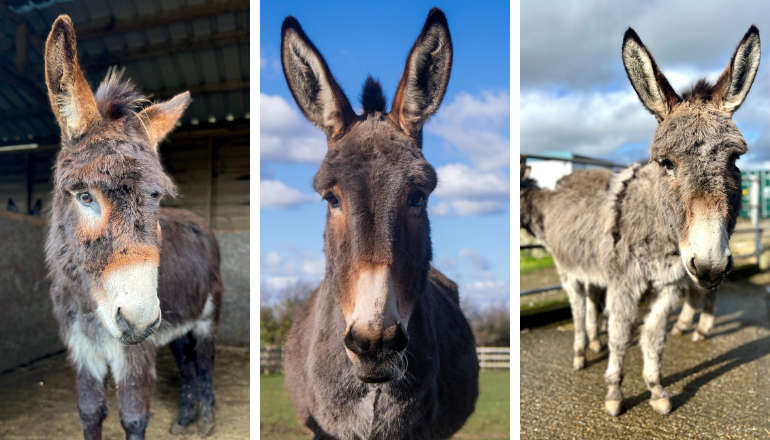 Isle Of Wight Donkey Sanctuary Welcomes 12 New Animals To Its Herd
Isle Of Wight Donkey Sanctuary Welcomes 12 New Animals To Its Herd
 Introduction Of Second Homes Premium – What You Need To Know
Introduction Of Second Homes Premium – What You Need To Know
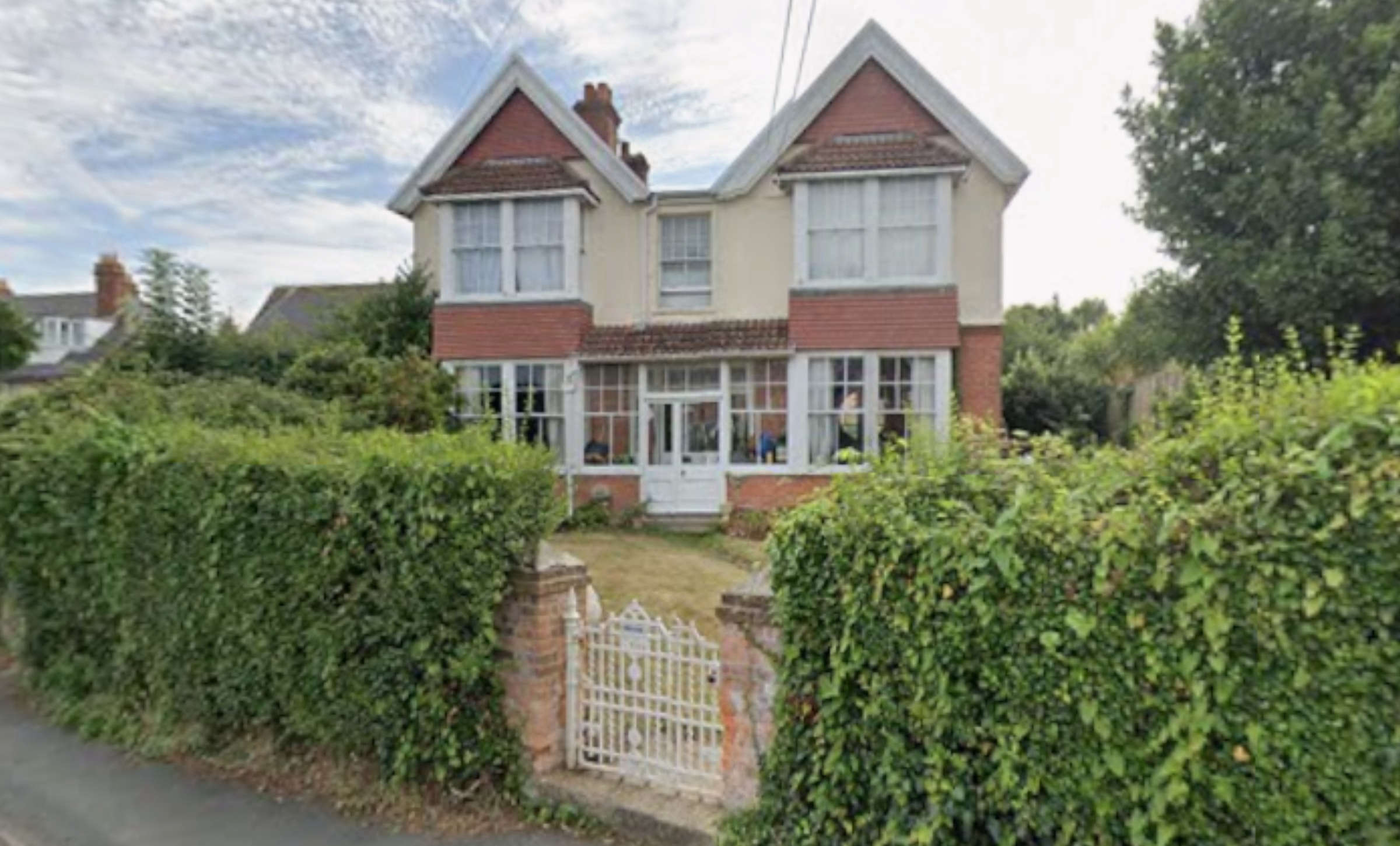 Large Villa-Style Property Could House Four New 'Starter Homes' In Totland
Large Villa-Style Property Could House Four New 'Starter Homes' In Totland
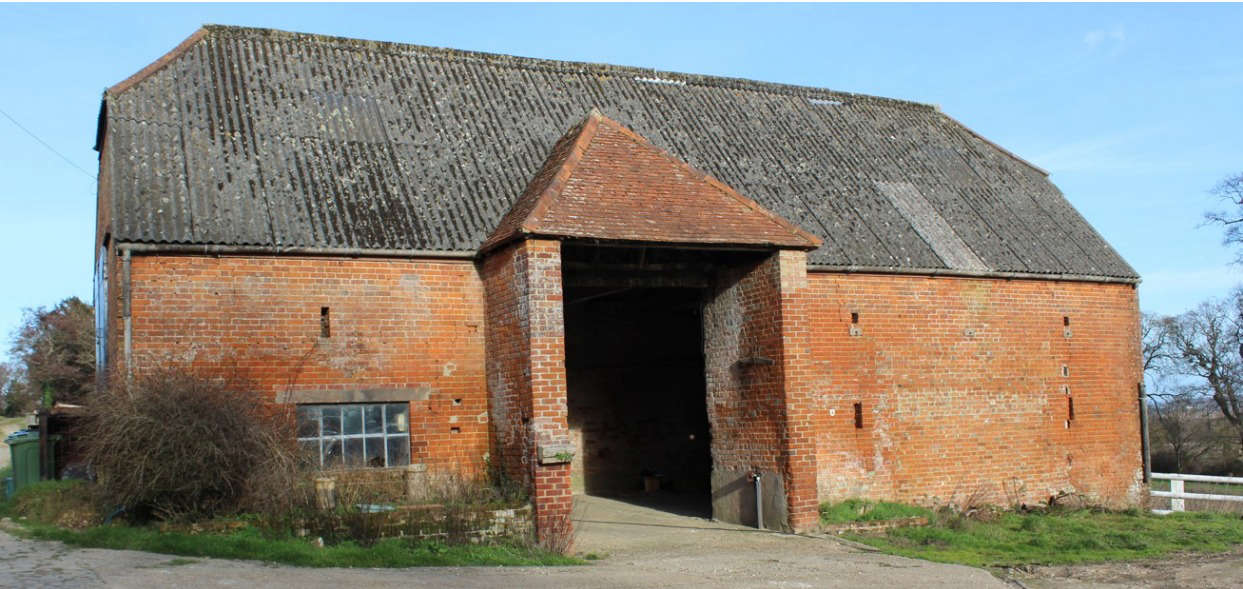 Dutch Braai Restaurant And Weddings Venue: New Plans Revealed For Disused Barns
Dutch Braai Restaurant And Weddings Venue: New Plans Revealed For Disused Barns
 Wave Of Acts Announced For Isle Of Wight Festival 2025
Wave Of Acts Announced For Isle Of Wight Festival 2025
 Discontent With Island Health And Social Care Services On The Rise Again — Report
Discontent With Island Health And Social Care Services On The Rise Again — Report
 Investigation Underway Following Death Of 28 Year-Old Man In Ryde
Investigation Underway Following Death Of 28 Year-Old Man In Ryde
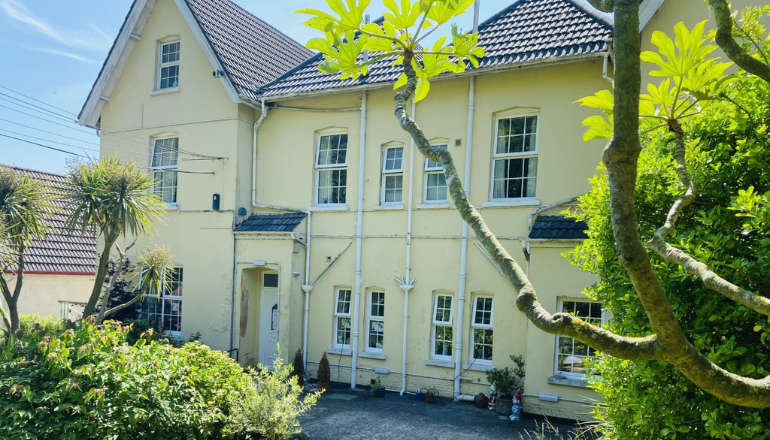 Former Ventnor Care Home Could Be Turned Into 'High Quality Housing'
Former Ventnor Care Home Could Be Turned Into 'High Quality Housing'
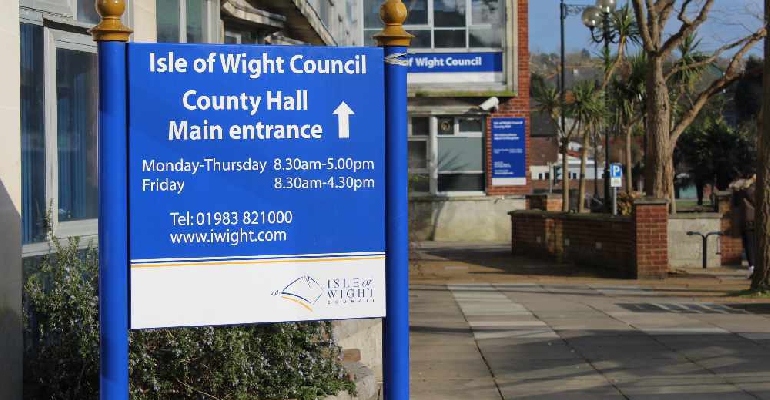 Isle Of Wight Council Fighting To Maintain Status Quo In Face Of Local Government Reorganisation Plans
Isle Of Wight Council Fighting To Maintain Status Quo In Face Of Local Government Reorganisation Plans
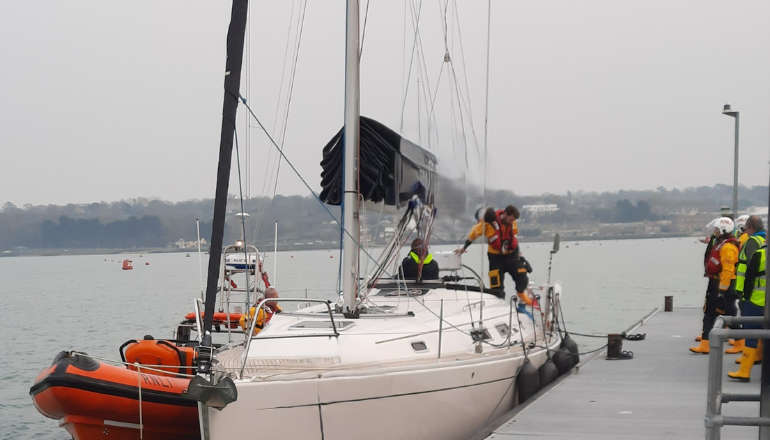 Cowes Lifeboat Team Saves The Day With Rescue Of Crippled Yacht
Cowes Lifeboat Team Saves The Day With Rescue Of Crippled Yacht
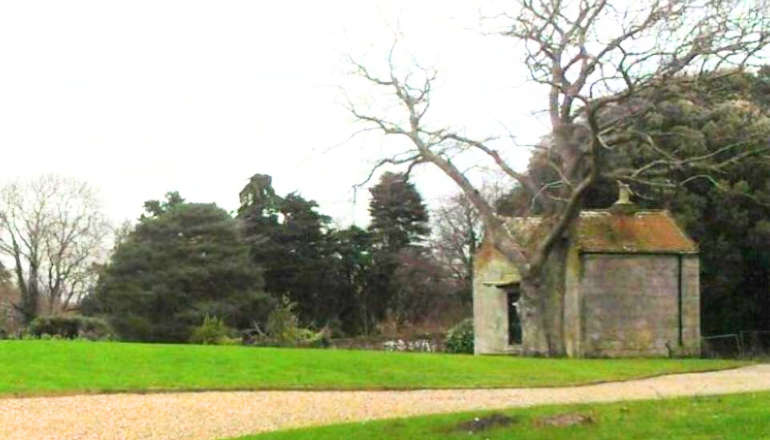 Historic Shanklin Summerhouse To Be Converted Despite Local Opposition
Historic Shanklin Summerhouse To Be Converted Despite Local Opposition
 Teenagers In Drug Arrest Following Coppins Bridge Police Pursuit
Teenagers In Drug Arrest Following Coppins Bridge Police Pursuit
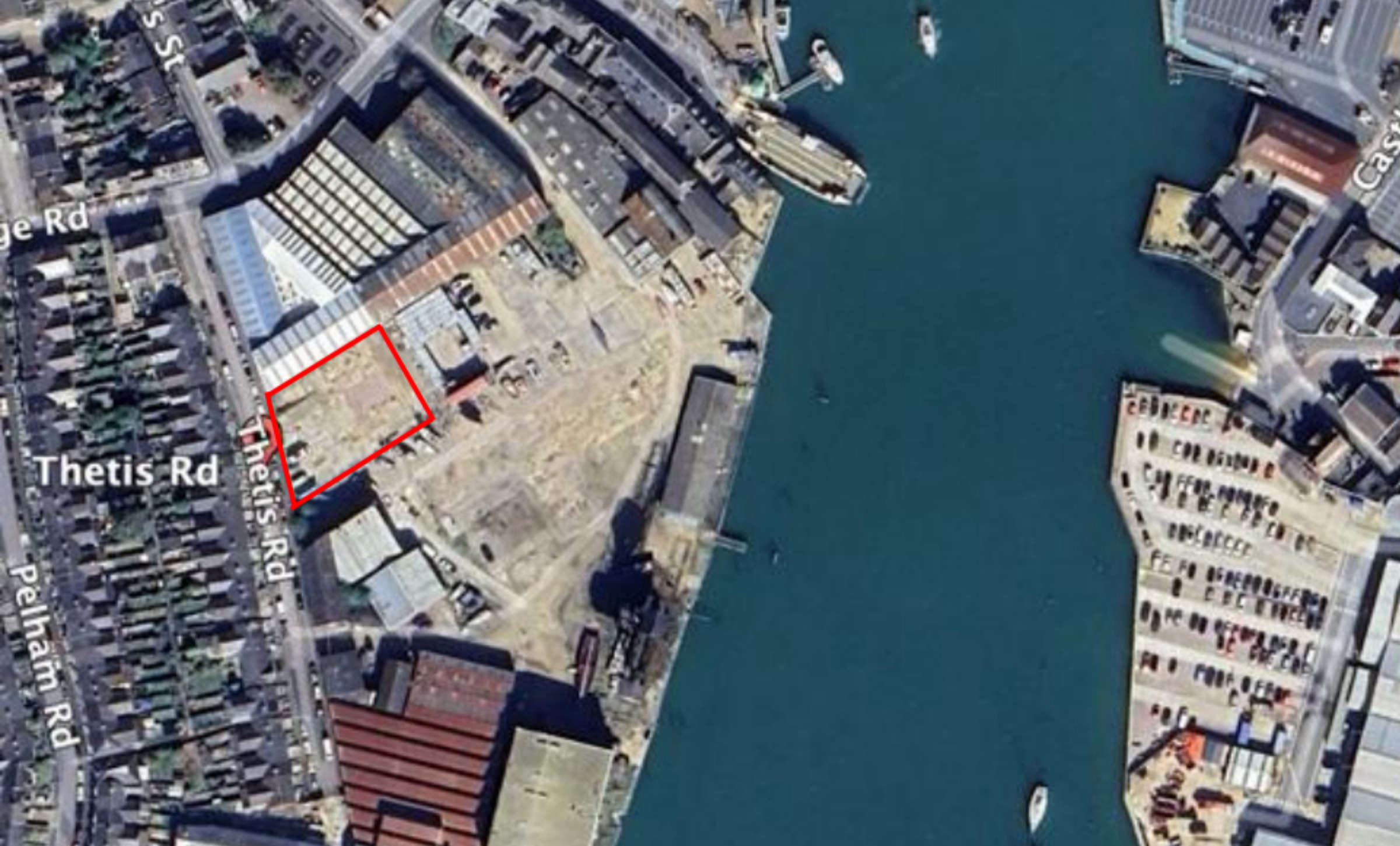 New Warehouse Could 'Support Expanding Companies' And 'Deliver Islander Employment Opportunities
New Warehouse Could 'Support Expanding Companies' And 'Deliver Islander Employment Opportunities
 Tax Breaks Could Be Set To End For Isle Of Wight Private Schools
Tax Breaks Could Be Set To End For Isle Of Wight Private Schools
 Hundreds Attend Island’s Careers, Jobs And Apprenticeships Fair
Hundreds Attend Island’s Careers, Jobs And Apprenticeships Fair
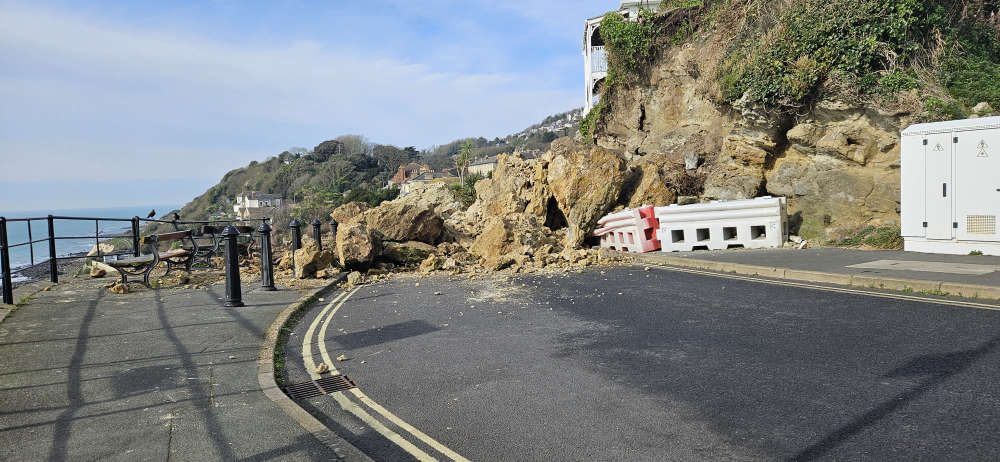 What A Mess — Timeline Of Ventnor Road Repairs In Limbo Following Latest Collapse
What A Mess — Timeline Of Ventnor Road Repairs In Limbo Following Latest Collapse
 Police Pursuit Sees Man End Up In River Medina
Police Pursuit Sees Man End Up In River Medina
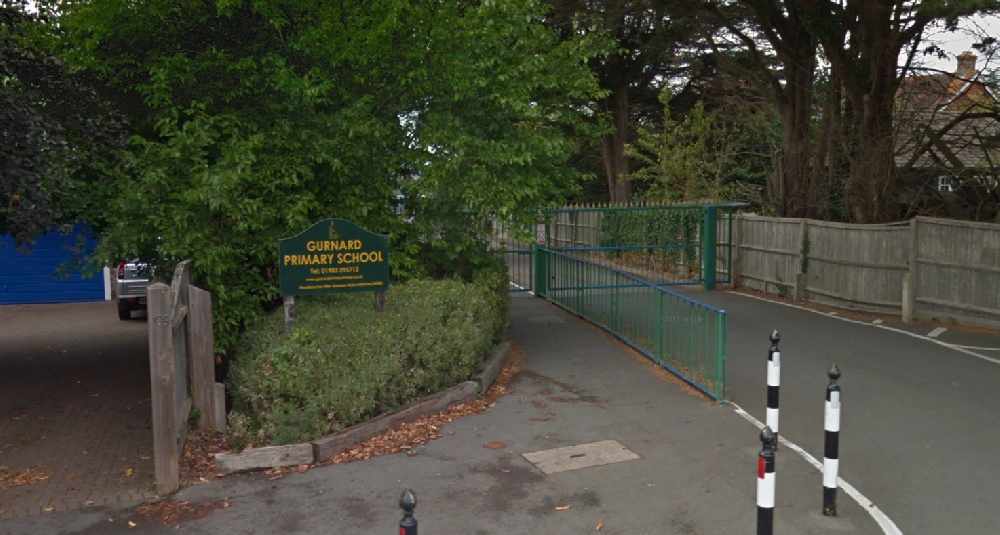 Gurnard Primary School Shines In Latest Ofsted Inspection
Gurnard Primary School Shines In Latest Ofsted Inspection
 Education Cabinet Member Urges Deferral Of School Closures Decision
Education Cabinet Member Urges Deferral Of School Closures Decision


